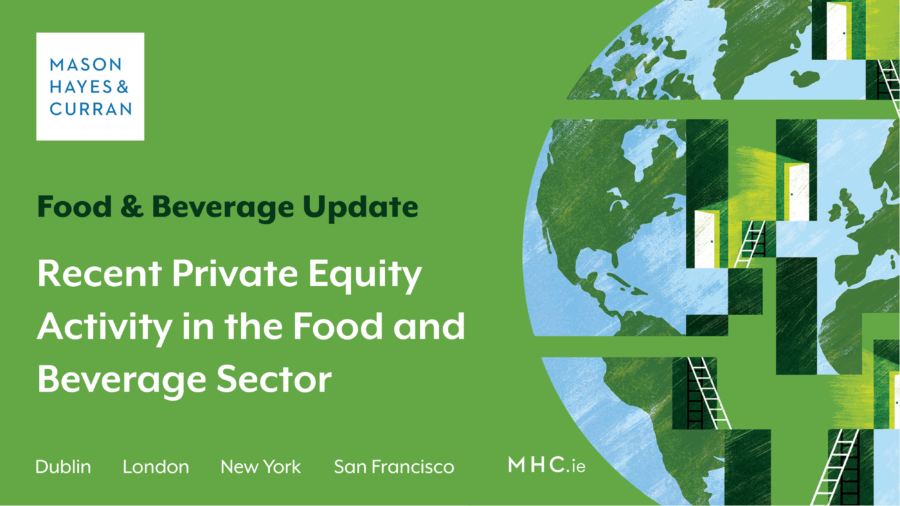
During 2021, we saw record breaking investment by private equity firms in the food and beverage sector. The activity in the sector has generally remained strong, with several notable transactions occurring already in 2022, such as the acquisition by Valeo Foods of Canadian maple syrup processor Bernard and a number of PE investments in the agri-tech space. However, we have seen a reduced level of M&A activity in the first few months of 2022.
We recently spoke with the management teams of some of our clients in the sector. The general consensus is that the sector is facing significant challenges from staff shortages, inflation and increased transportation and other costs. Supply chain issues caused by the COVID-19 pandemic have been exacerbated by recent events in the Ukraine, with businesses seeking to source raw materials being particularly impacted. While some clients have absorbed these costs to protect customer base, in most cases these cost increases have already been passed on to consumers, resulting in food cost inflation. Looking ahead in 2022, high inflation rates look set to continue and this will impact the sector.
A challenge for private equity firms appears to be in identifying sustainable earnings as we hopefully move into a post-pandemic era. With many businesses now absorbing a proportion of increased costs and likely facing a reduction in the rate of return, at least in the short term), we may see a period of reduced M&A activity as private equity firms adjust acquisition offers to reflect lower valuations.
Despite these challenges, private equity investors continue to be focused on early-stage high growth companies where there tends to be less competition from trade buyers. As noted in our previous update, we are also seeing significant focus on environmental, social and corporate governance and sustainability in the food and beverage sector. Consumers are making healthier decisions when it comes to their nutrition, sustainability and the environment with retailers having to respond to those demands. We are seeing continued interest in businesses focused on ESG and sustainability with brands having robust ESG practices remaining attractive targets.
For more information, contact a member of our Food, Agriculture & Beverage team.
The content of this article is provided for information purposes only and does not constitute legal or other advice.




